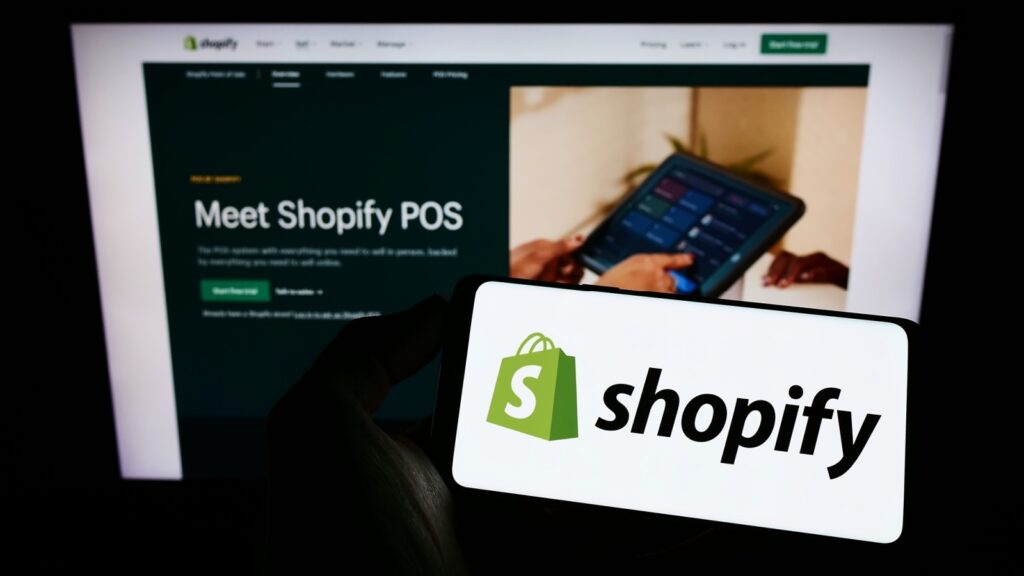Canada has a quiet genius for building global empires disguised as side projects. From snow-covered garages to downtown coffee shops, Canadians dream pragmatically: build small, scale slow, perfect constantly. Outsiders see modesty; insiders see mastery. Here are 21 startups outsiders laughed at, until they saw the revenue.
Shopify
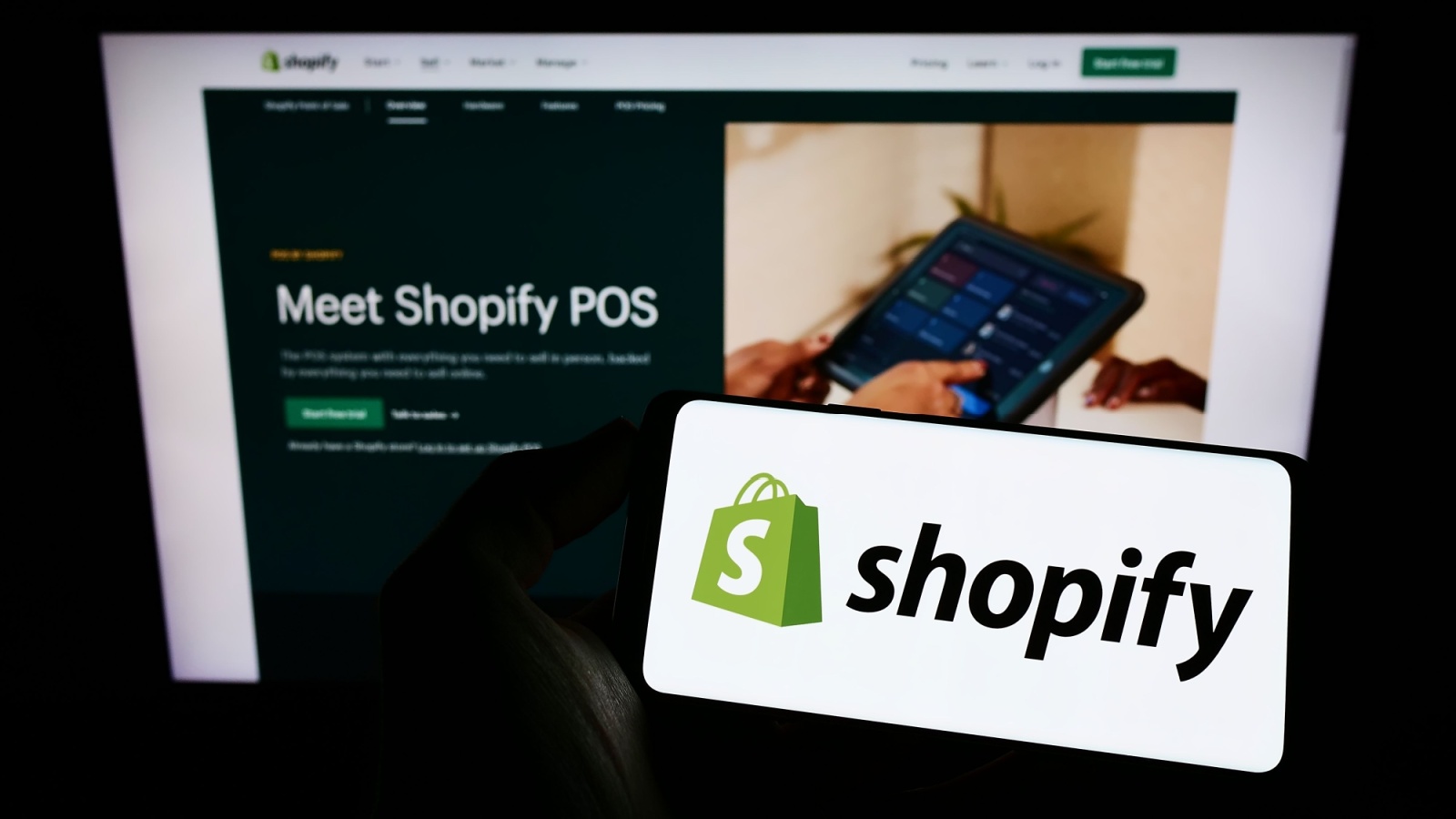
When founder Tobias Lütke couldn’t find decent e-commerce software for his snowboard shop, he built his own. Many dismissed it as niche, unnecessary, even naïve. They were wrong. Shopify became the digital backbone of modern commerce, empowering more than two million merchants globally. In 2025, its trailing-twelve-month revenue reached US$10 billion +, positioning Ottawa as a global tech capital. The platform simplified entrepreneurship, democratizing selling for artisans and corporations alike. Critics mocked its origins; now they build on its APIs. Shopify’s story proves that an invention born from irritation can scale into infrastructure.
Wattpad

Toronto’s Wattpad began as a free outlet for readers and writers of fanfiction. Dismissed as chaotic and unserious, it quietly accumulated hundreds of millions of users. Stories once shared for fun now inspire streaming franchises and Hollywood films. While private financials remain undisclosed, industry analysts estimate annual revenue in the hundreds of millions (US) through advertising, IP licensing, and publishing partnerships. Wattpad’s 2021 acquisition by Naver Corp. for about US $600 million validated that community equals currency. The company transformed online creativity into a scalable content pipeline.
Canada Goose Holdings Inc.
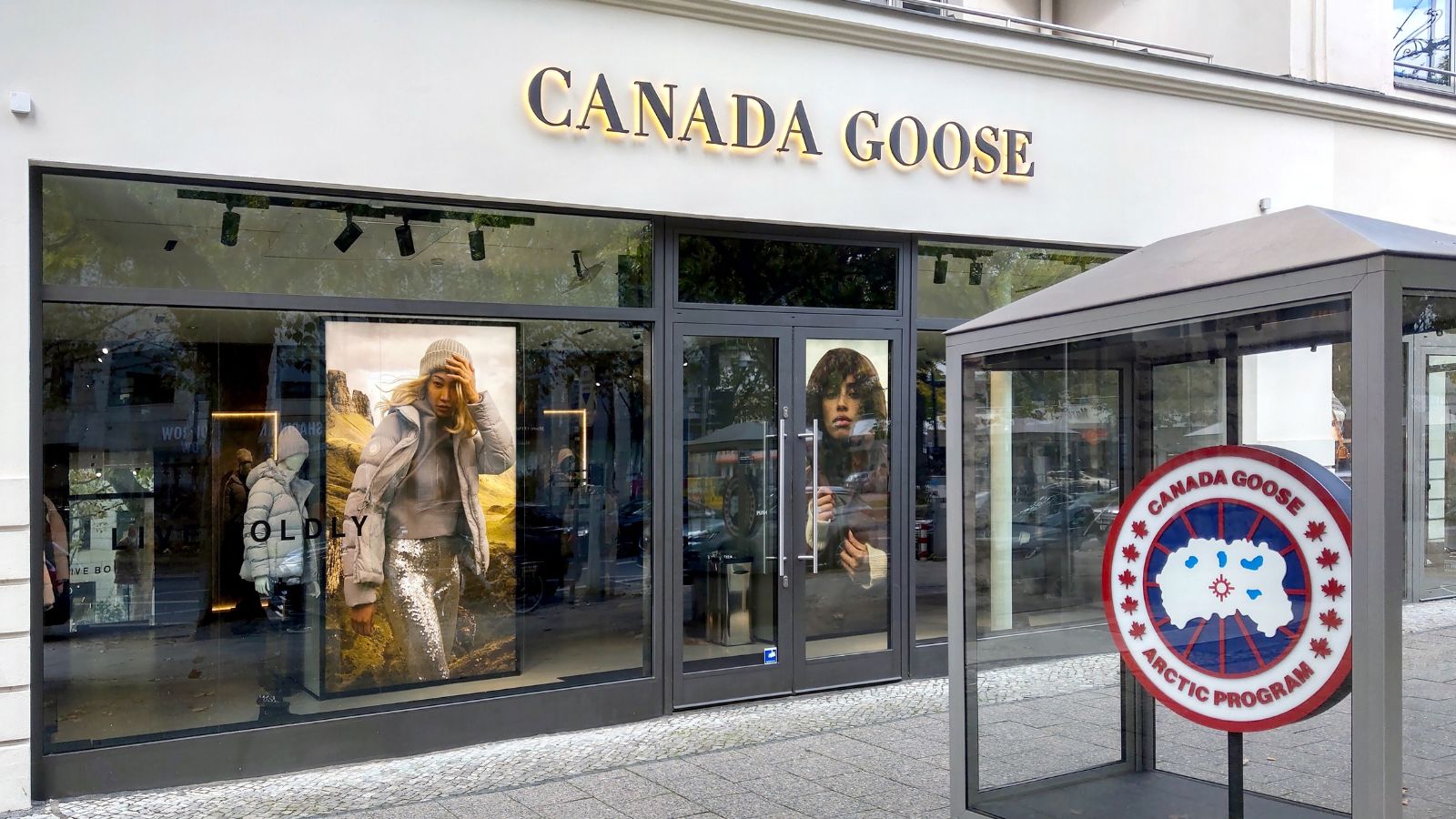
Born in Toronto’s factories, Canada Goose clothed workers, not runway models. Then it rebranded function as fashion. For fiscal 2025, it reported CAD $1.35 billion (≈ US $1 billion) in revenue and CAD $94.8 million in net income. Luxury brands once scoffed at parkas; now they copy them. Manufacturing remains in Canada, safeguarding authenticity while exporting aspiration. The company balances cold-weather practicality with celebrity appeal, blending grit and glamour seamlessly. In a market obsessed with image, Canada Goose sold integrity — and customers paid willingly.
Lightspeed Commerce
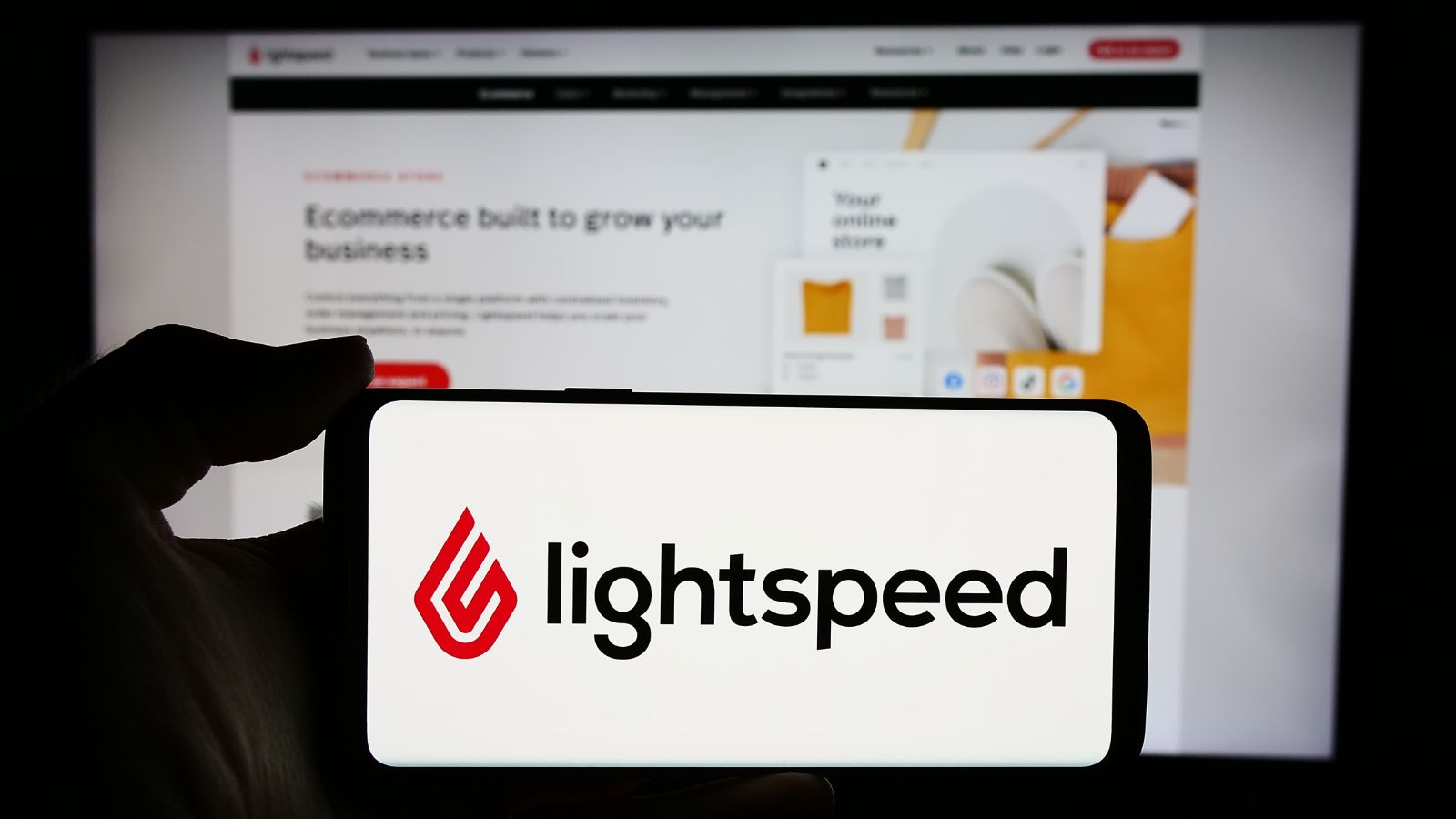
Montreal-based Lightspeed started as a point-of-sale tool for boutique shops. Investors doubted it could survive against Silicon Valley’s giants. Instead, it thrived. Serving tens of thousands of merchants worldwide, it offers unified payment, inventory, and analytics systems. By 2025 its market cap exceeded several billion USD, with revenue near US $900 million. Lightspeed’s strength lies in empathy for independents — building tech that feels human. While rivals chased volume, Lightspeed refined value. It grew steadily, not virally, proving that measured innovation outlasts manic disruption.
Aritzia
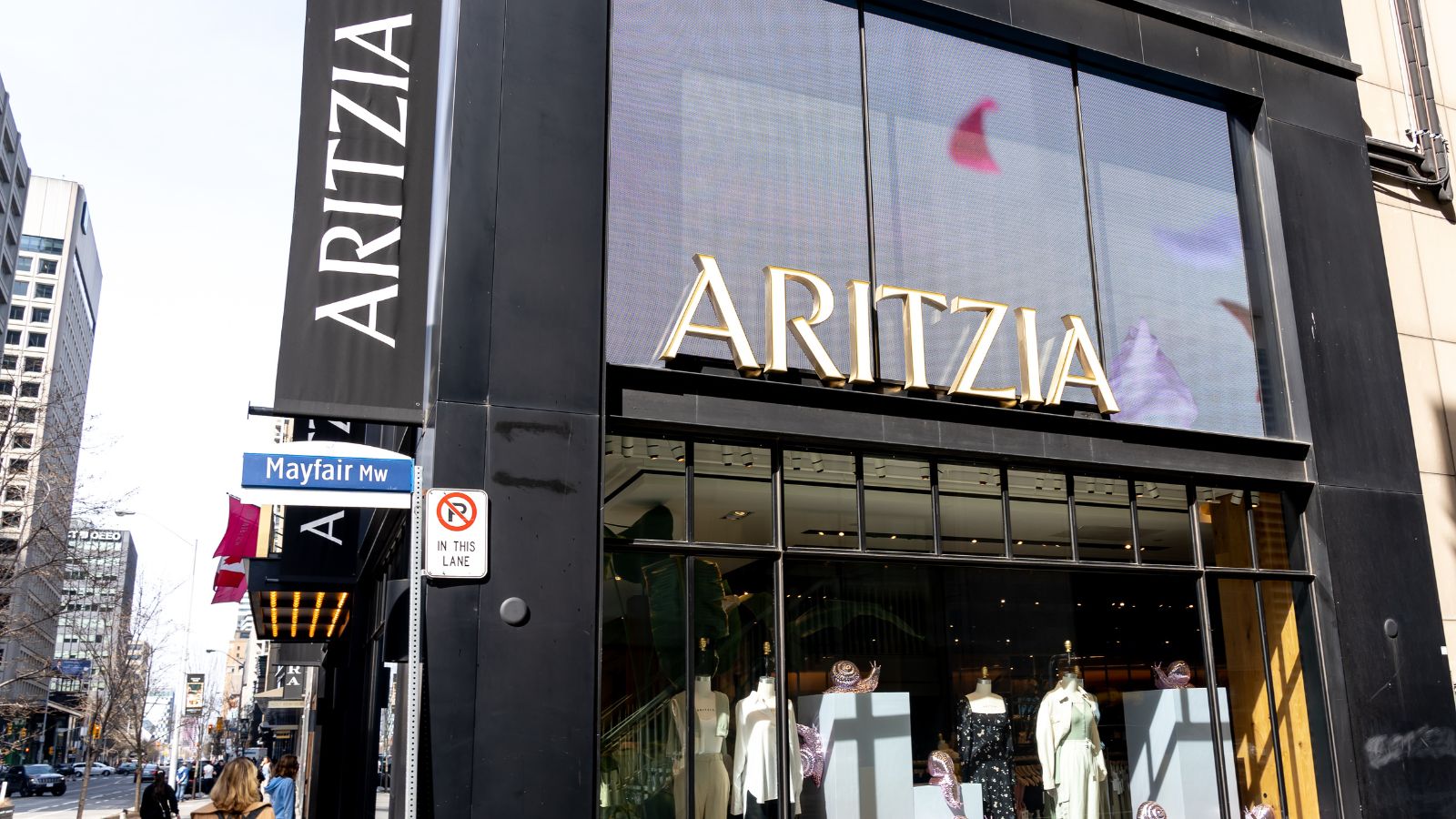
Once written off as a teen chain, Vancouver’s Aritzia became a US$1 billion-plus fashion force. It rejected fast fashion’s frenzy, prioritizing craftsmanship, timeless design, and careful growth. By 2025, revenue had surpassed US $1.6 billion, fuelled by global expansion and e-commerce success. While competitors battled over trends, Aritzia perfected neutral palettes and consistent quality. It never chased celebrity — the clothes spoke louder. Today, its margins rival designer houses that once mocked it. The brand’s evolution is pure Canadian elegance: humble, efficient, and enduring.
Clearco
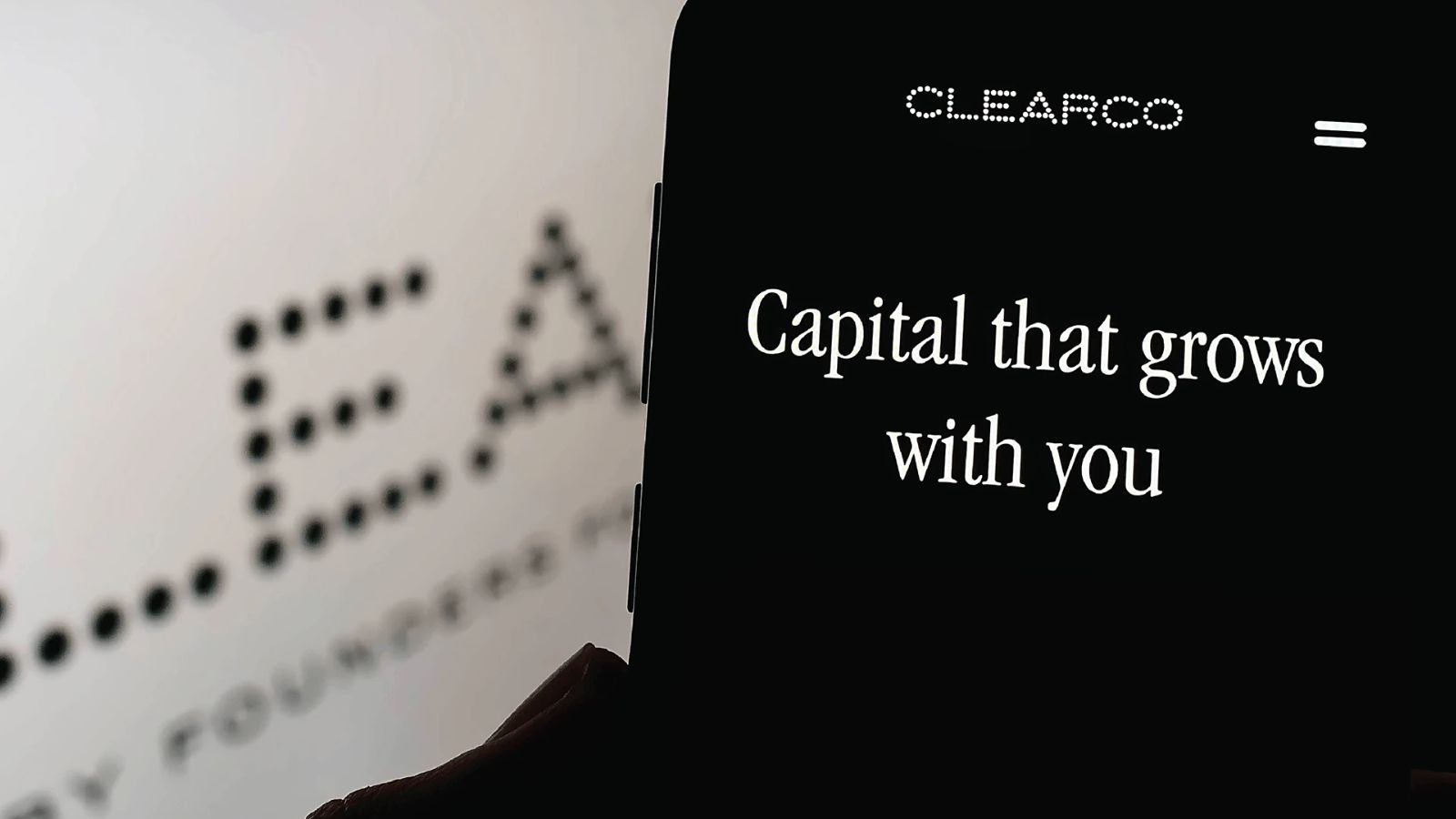
When Michele Romanow and Andrew D’Souza launched Clearco (formerly Clearbanc), financiers laughed. “Algorithmic lending?” they said. Yet Clearco has now advanced more than US$3 billion to founders globally through data-driven, non-dilutive financing. Its 2025 valuation hovers near US$2 billion. The platform’s fairness — funding based on revenue, not bias — turned empathy into ean ngine. It serves 50,000 + businesses across ten countries. By automating opportunity, Clearco proved fintech can be ethical and profitable. Canada’s reputation for decency became its strategic advantage.
Lululemon Athletica
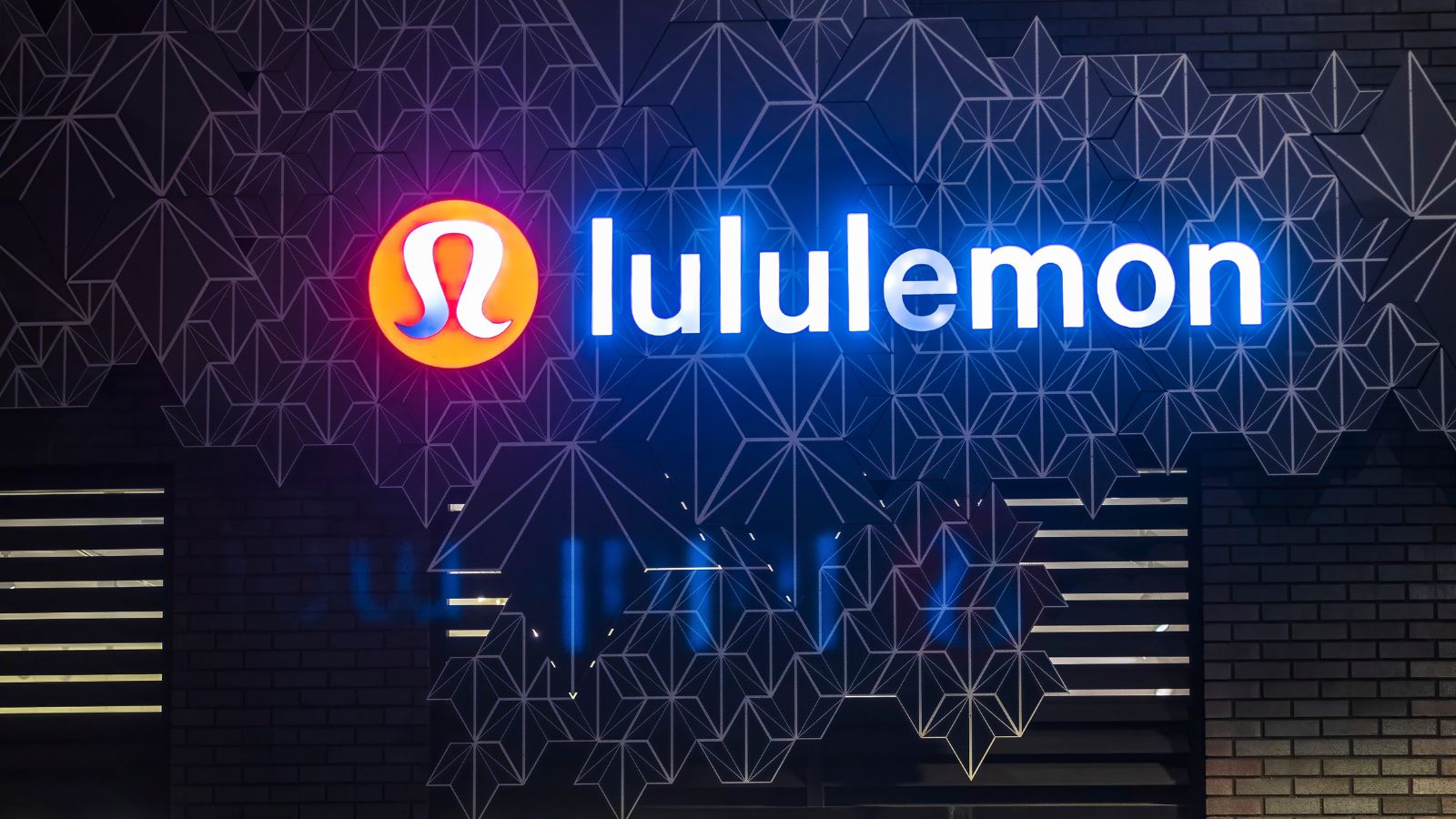
When Chip Wilson opened Lululemon in Vancouver in 1998, few believed yoga wear could command luxury prices. Today, the company is worth over US $50 billion with revenue above US $9.6 billion (2024). It blended athletic performance with urban style, inventing “athleisure.” Lululemon grew from community classes to a global status symbol without losing authenticity. Every store feels like a wellness studio, not a shop. While critics mocked its price tags, consumers made it their uniform.
Ecobee

Toronto-based Ecobee entered a market dominated by Nest and Google. Investors predicted failure. Instead, Ecobee focused on privacy, energy efficiency, and user trust. It sold millions of devices before its 2021 acquisition by Generac Holdings for US $770 million. Its revenue remains confidential, but growth continues under Generac’s umbrella. Ecobee proved Canadian hardware can compete with California’s best. Innovation here is quiet, precise, and built for real homes — not hype.
Freshii
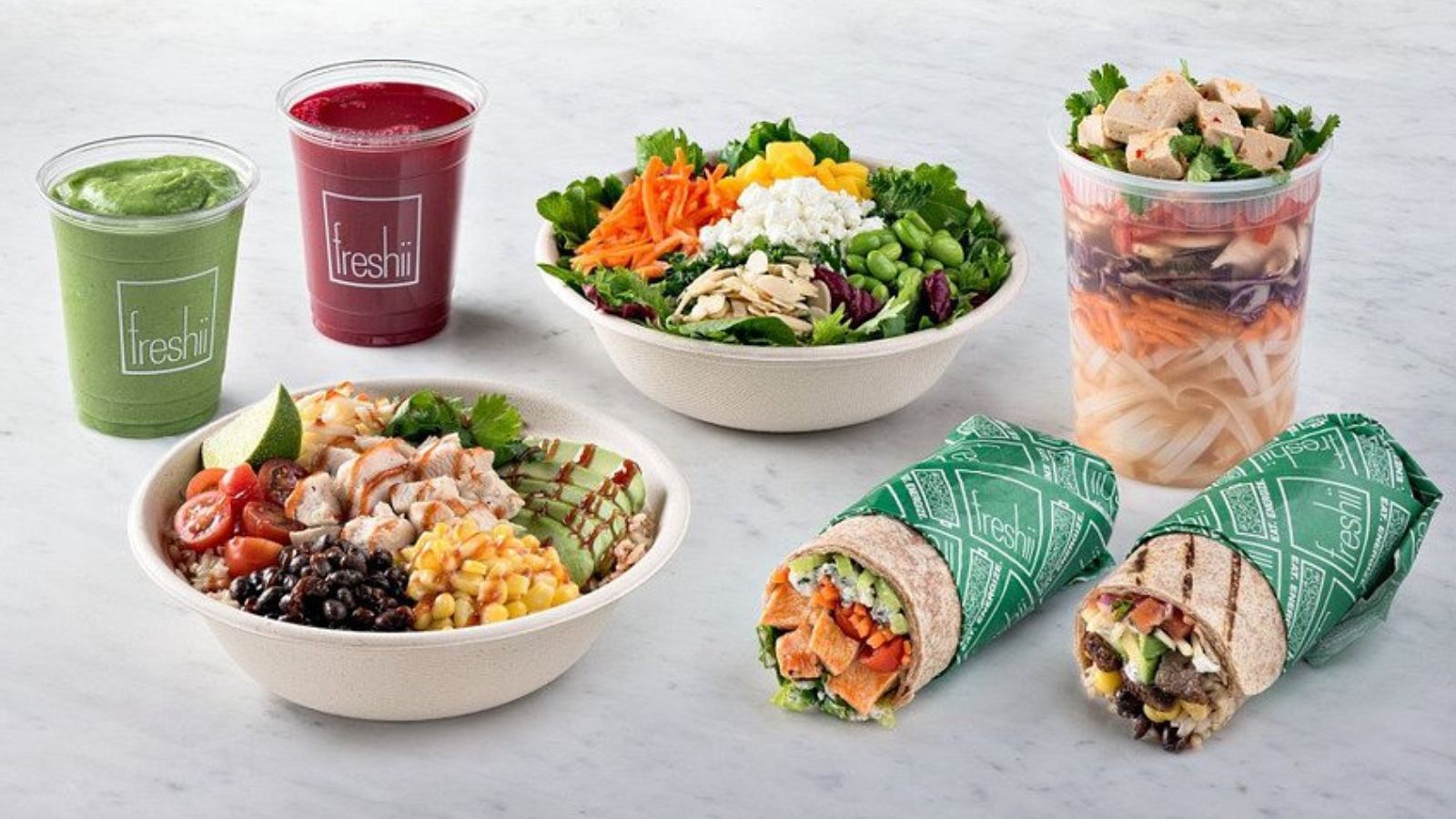
Toronto’s Freshii set out to make salads cool. Sceptics called it “rabbit food.” Yet the brand expanded to hundreds of locations across North America and Europe. By 2024, its revenue approached CAD $125 million. Freshii’s strength is discipline — consistency over flash. It integrated technology for delivery and data-driven menu innovation. While competitors fried more, Freshii focused on fuel. Its quiet model redefined fast food for modern consumers.
Trulioo

Vancouver’s Trulioo was founded to verify identities online, a mundane task that now anchors global finance. By 2021, its valuation hit US$1.75 billion after a Series D raise of US$394 million. While recent revenue is private, analysts estimate a US$150–200 million annual run-rate. Trulioo’s technology secures transactions for governments, fintechs and enterprises across 200 countries. It’s a Canadian export few see but everyone uses. Proof that boring products often print the best profits.
Wealthsimple

Founded in Toronto in 2014, Wealthsimple turned finance into plain English. Managing over CAD $100 billion in assets (2025), it earns around US $341 million in annual revenue. Its apps blend investing, banking, and crypto with clarity rare in finance. Outsiders called it “cute.” Investors now call it crucial. Wealthsimple proves that trust and transparency are the new currencies of wealth. Canadians didn’t reinvent money — they just made it make sense.
SkipTheDishes
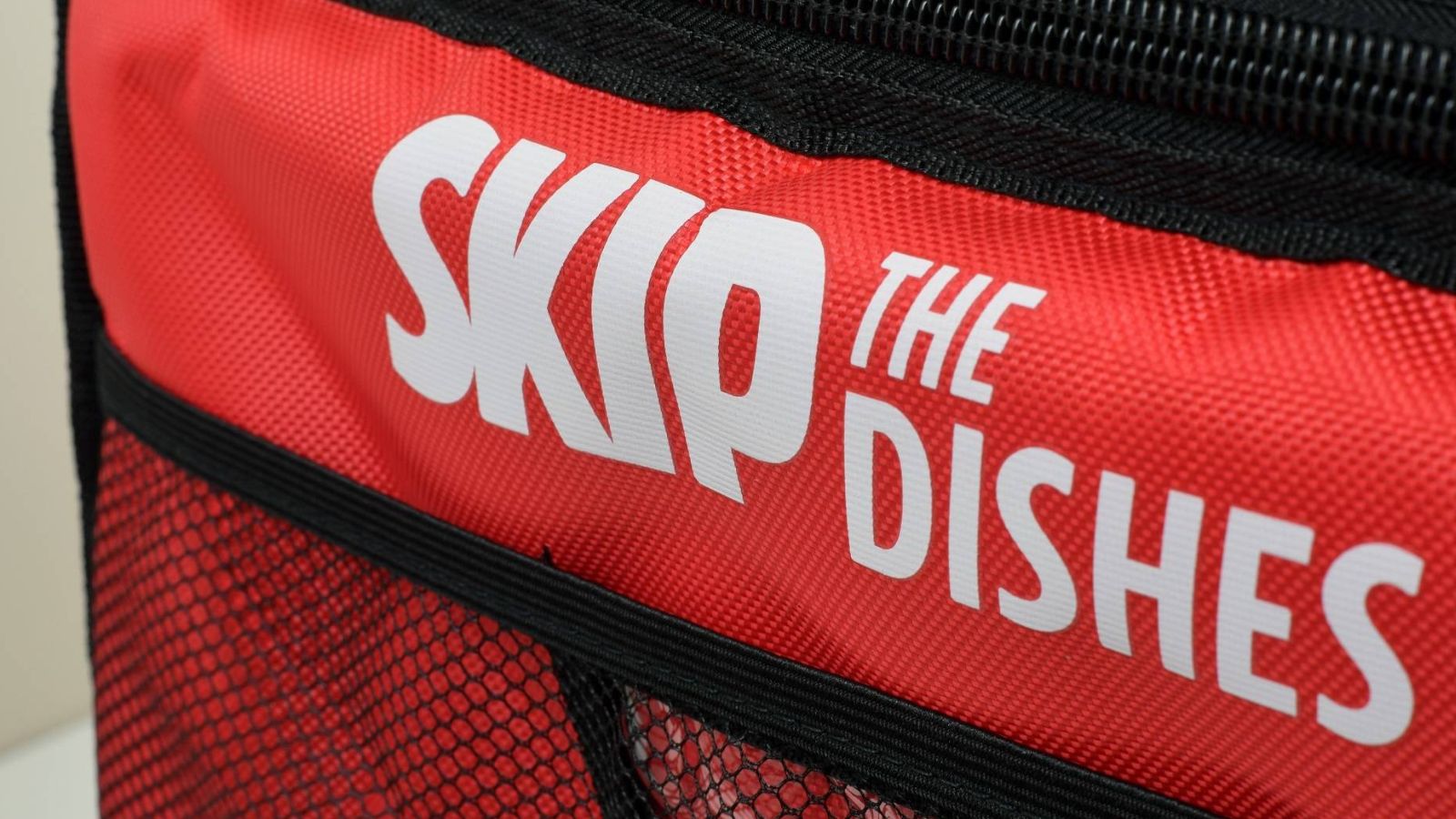
Founded in Saskatoon in 2012, SkipTheDishes was mocked as “takeout for farm towns.” Investors doubted demand beyond city centres. Within four years, it proved them wrong. In 2016, it was acquired by Just Eat for over CAD $200 million; its parent, Just Eat Takeaway N.V., now earns US $6.7 billion (2024) in revenue. Skip’s Canadian operations remain profitable and integral to the group. It mastered logistics where competitors ignored regional markets. From frozen streets to suburban streets, Skip owns the mid-market delivery map.
Mejuri

Toronto’s Mejuri launched in 2015 to rewrite jewellery’s rules: no gatekeepers, no middlemen, no waiting for gifts. Industry veterans scoffed. Now valued at US $1.5 billion (2024) with estimated revenue around US $400 million, Mejuri transformed direct-to-consumer luxury. Its formula is minimalism plus meaning — quality pieces for everyday empowerment. Each collection balances sustainability with style, appealing to a global community that prioritizes authenticity over excess. Once laughed at for “selling simplicity,” Mejuri now partners with celebrities and funds ethical mines.
Benevity
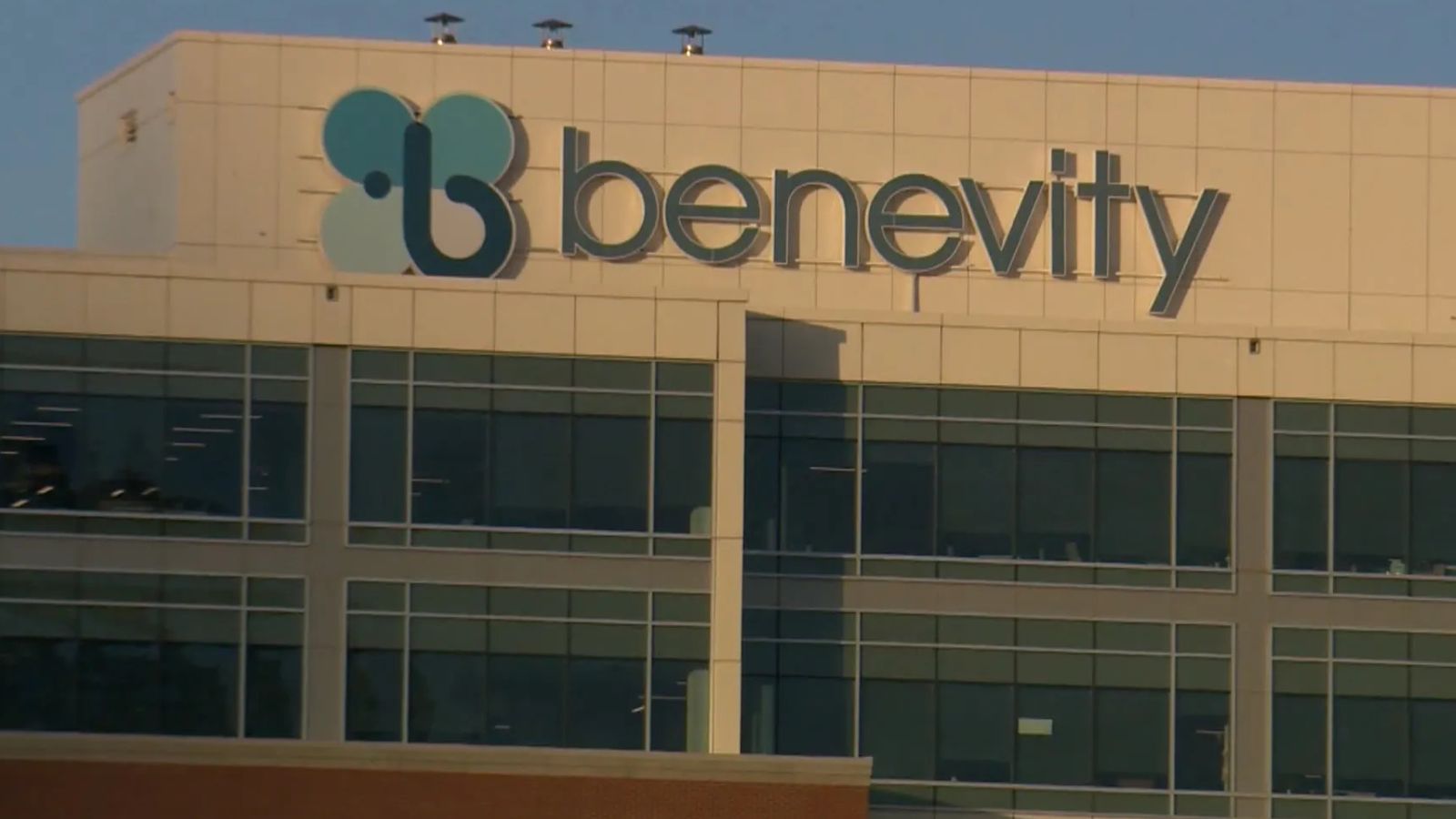
When Calgary’s Benevity debuted, investors called it “charity software that won’t scale.” Today, it’s the world’s leading corporate social-impact platform. Benevity manages over US $15 billion in donations and 53 million volunteer hours across 900 clients — including Google and Nike. Estimated 2024 revenue: US $250–300 million. It turned empathy into infrastructure. By digitizing goodwill, Benevity proved that purpose and profit can share a spreadsheet. The startup’s quiet culture echoes Canadian values: kindness as strategy, not slogan. Others brag about impact; Benevity quantifies it.
1Password
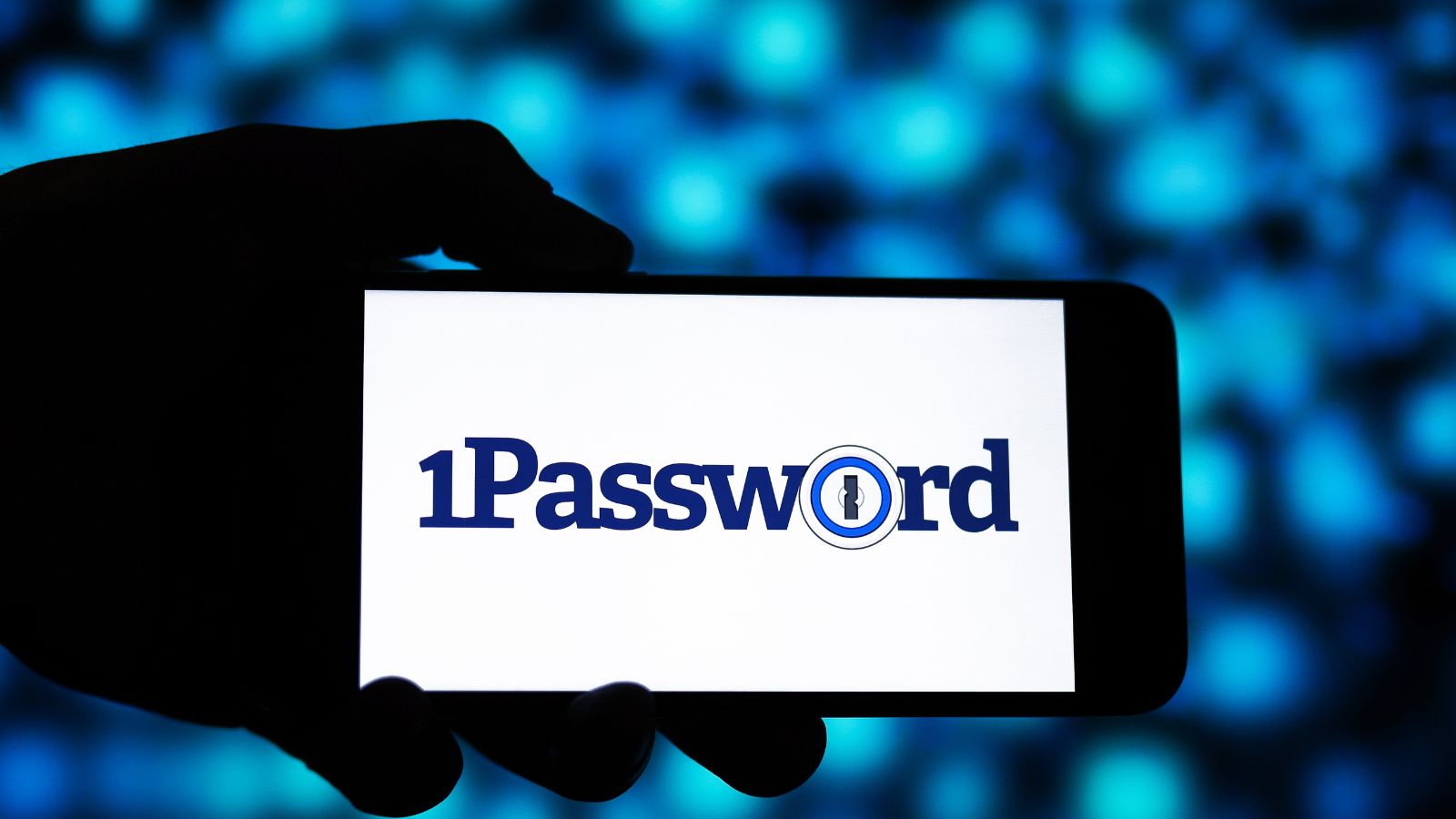
Toronto-based 1Password started as a simple password manager for families. Today, it’s a global security standard used by over 150,000 businesses. In 2024, its annual recurring revenue exceeded US $250 million, backed by a US $6.8 billion valuation. As cyber threats grew, 1Password kept its interface calm and trustworthy — a Canadian approach to digital anxiety. While competitors sold fear, 1Password sold peace of mind. Security isn’t spectacular; it’s steady. And steady profits beat panic every time.
Goodfood
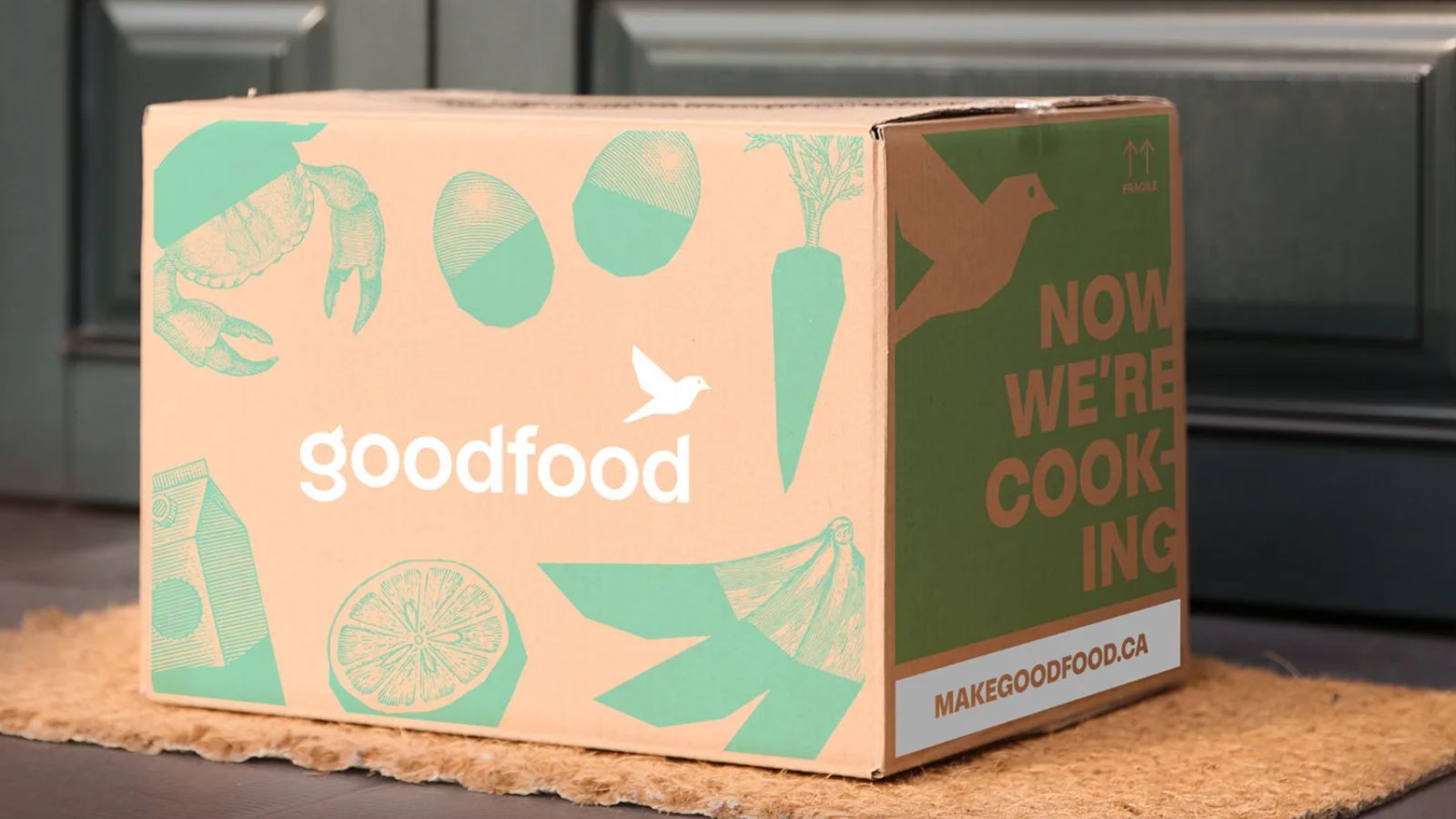
Montreal’s Goodfood entered the meal-kit market when sceptics declared it dead. Through agility and Canadian logistics discipline, it outlasted trend-driven rivals. Fiscal 2024 revenue reached CAD $212 million, delivering millions of fresh meals nationwide. The company optimized supply chains, cut waste, and integrated subscriptions seamlessly. It feeds Canadians from coast to coast, proving that practicality trumps panic. Goodfood’s story shows that resilience — not recipes — defines success.
Koho
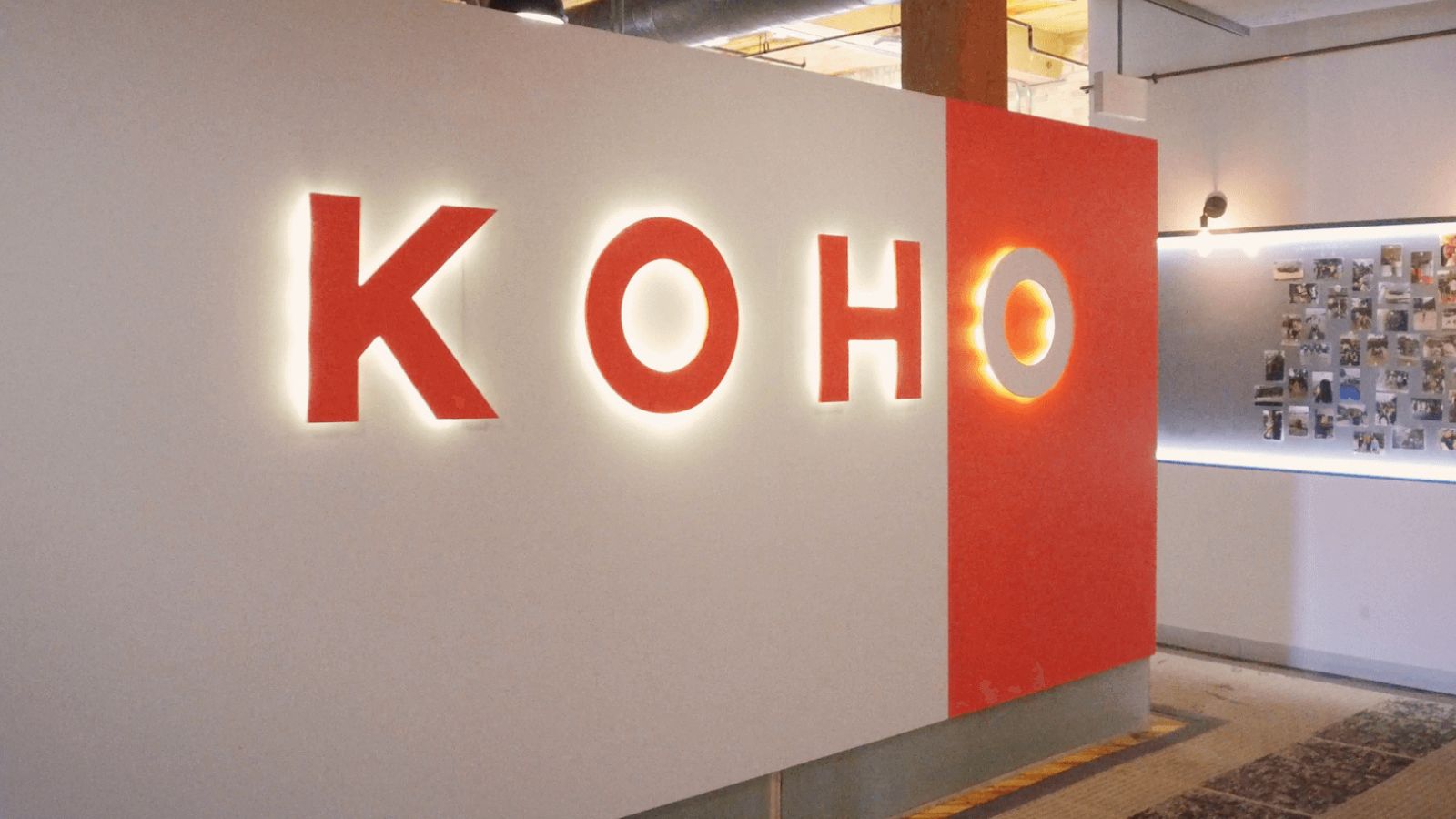
Toronto’s Koho began with a prepaid card and a dream to simplify finance. Legacy banks laughed. Now serving over 1 million Canadians with estimated 2024 revenue above CAD $60 million, Koho has become synonymous with transparent money management. It offers real-time spending insights, cashback, and zero-judgment banking. Its tone is friendly yet formidable — Canadian to the core. Koho proves empathy can out-innovate institutional ego.
Dapper Labs
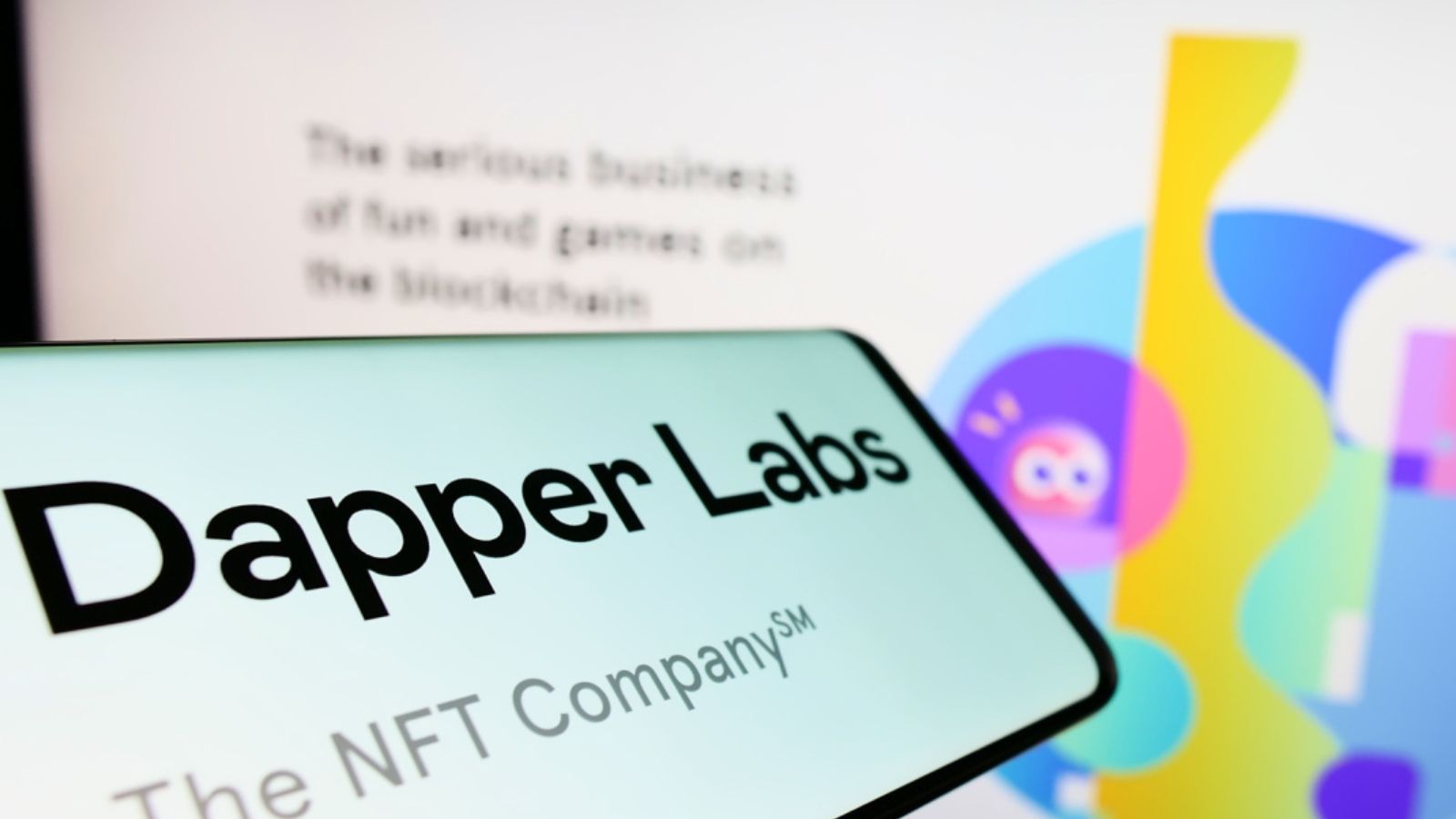
Vancouver’s Dapper Labs was mocked for digital cats. Then it built the Flow blockchain and launched NBA Top Shot, earning over US $1 billion in sales (2021-2024). Its tech became a blueprint for digital ownership. The NFT market cooled, but Dapper’s innovation endures as proof that Canada can lead Web3 ethically and efficiently. Whimsy turned into wealth, then into infrastructure.
Endy

Toronto’s Endy turned sleep into science. Its direct-to-consumer model eliminated retail markup and stressful sales. By 2018, Sleep Country Canada acquired it for CAD $88.7 million, and annual sales continue in the tens of millions. Endy’s motto is comfort without complication. Its brand loyalty and five-star service show that simplicity sells. While others shouted about tech, Endy let sleep speak.
Nuvei
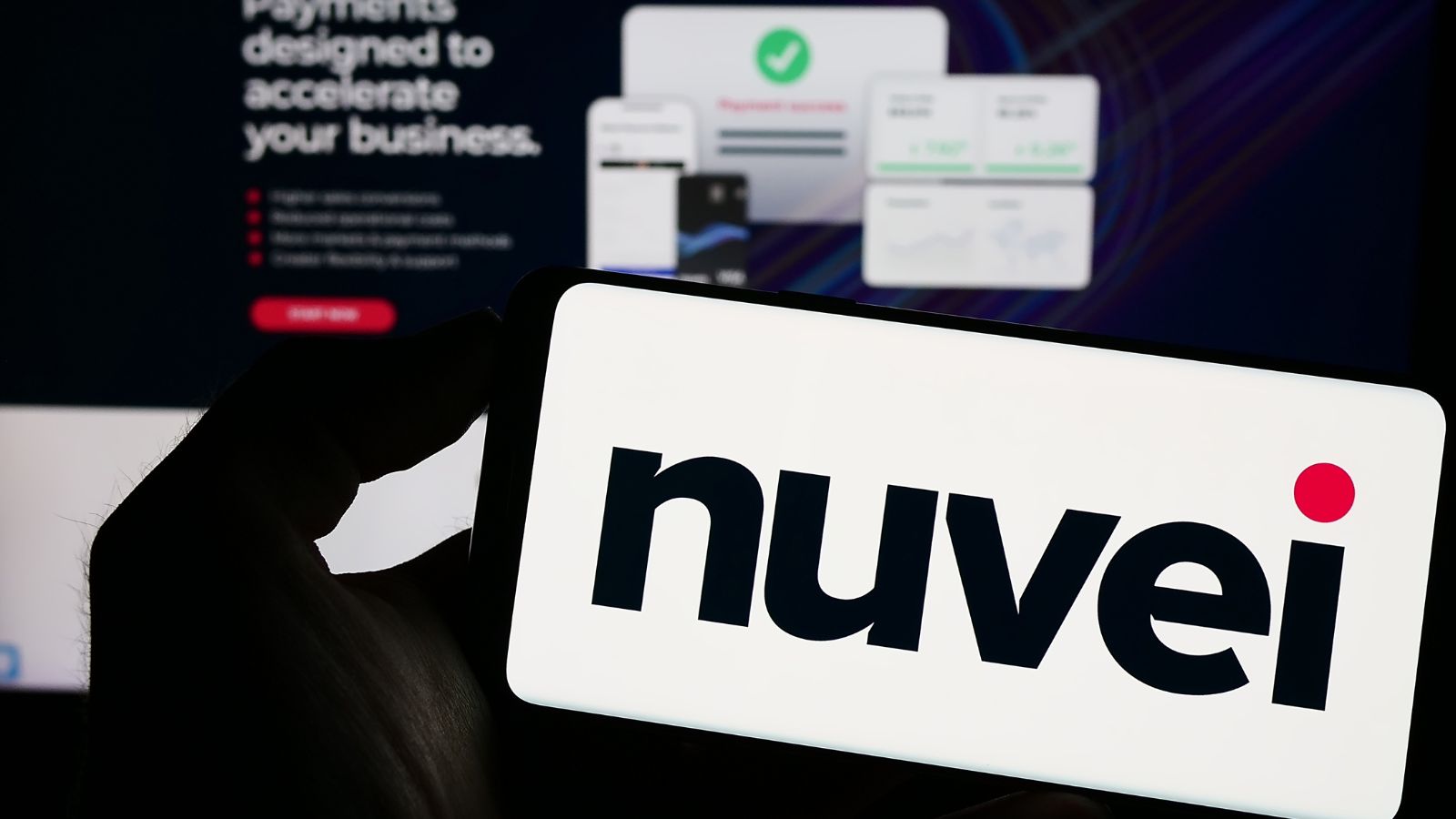
Montreal’s Nuvei grew from a regional processor to a global fintech leader. By 2024, it recorded US $1.14 billion in revenue, processing over US $200 billion in payments across 200 markets. Its strategy was pure Canadian — quiet execution, global reach. While competitors boasted buzzwords, Nuvei built profitability. Its founder, Philip Fayer, turned a humble idea into a multi-billion-dollar enterprise that anchors Canada’s fintech reputation.
Wattwatchers (Energy Analytics)

Canadian energy-data firms like Wattwatchers use AI to track industrial consumption and cut costs. Estimated annual revenue is CAD $10–15 million, but growth is explosive as carbon targets tighten. Clients include municipalities and manufacturers seeking efficiency without greenwashing. Wattwatchers represents Canada’s pragmatic sustainability: measurable, marketable, and quietly lucrative. While others talk about saving the planet, Canada just runs the data.
21 Products Canadians Should Stockpile Before Tariffs Hit

If trade tensions escalate between Canada and the U.S., everyday essentials can suddenly disappear or skyrocket in price. Products like pantry basics and tech must-haves that depend on are deeply tied to cross-border supply chains and are likely to face various kinds of disruptions
21 Products Canadians Should Stockpile Before Tariffs Hit
